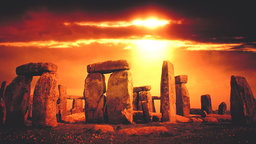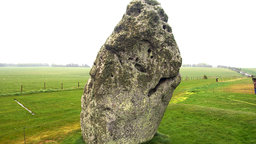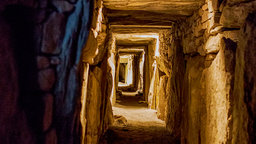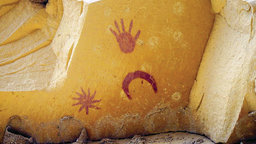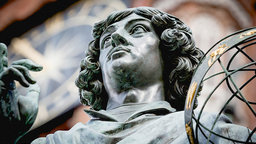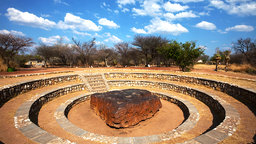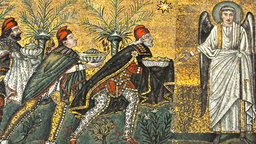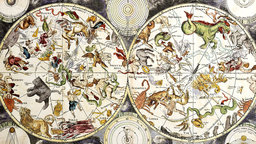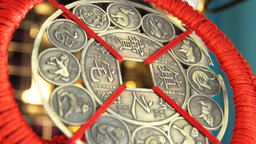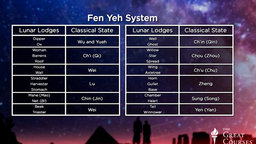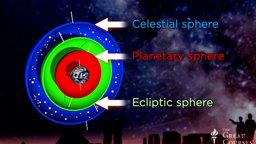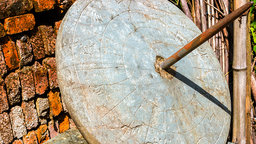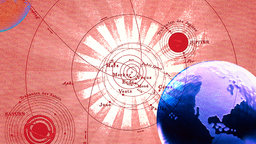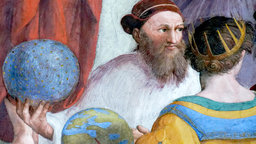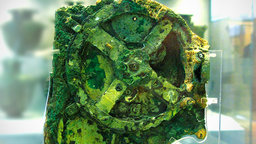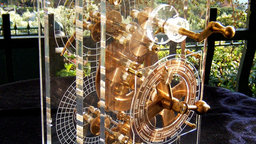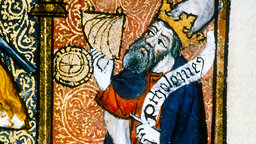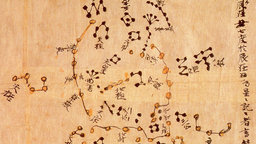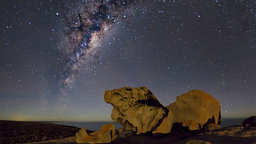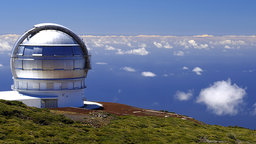Ancient Astronomy
As I mentioned on the main The Great Courses page, I like this show pretty well, and would recommend it as a good introduction to the history of astronomy and of the development of calendars and time keeping, as well as navigation.
Episode 1 Stonehenge and Archaeoastronomy 
I really liked Episode 1 as it starts to describe Stonehenge and importance of tracking the motions of the sun to its northern and southern extremes at the solstices for tracking the seasons, and thus why building alignments to determine this were important.
Why were the motions of the Sun, Moon, and stars so important to ancient people? Investigate key astronomical directions noticed by all cultures. Then embark on your study of Stonehenge,…
Episode 2 The Real Stonehenge 
This episode was pretty good, including an in-depth discussion of the various theories on the possible alignments at the henge, which are of interest to me particularly because my brother-in-law grew up very near Stonehenge.
In the popular mind, Stonehenge was built as a sophisticated astronomical calculator presided over by priestly astronomers called Druids. But is this view dating from the mid-1960s correct? Address the…
Episode 3 Alignments at Maes Howe and Newgrange 
Explore Neolithic tombs and monuments across Europe, discovering an array of alignments toward astronomical events. Start with two sites that are similar to Stonehenge in their clear orientation to the…
Episode 4 Astronomy of Egypt's Great Pyramid 
Study the astronomical significance of Egypt's Great Pyramid. How did its builders achieve such phenomenal accuracy in the pyramid's alignment to the cardinal directions? Were its air shafts intended to…
Episode 5 Chaco Canyon and Anasazi Astronomy 
Travel to Chaco Canyon, New Mexico, where the Anasazi culture practiced sky-centered rituals a thousand years ago. Look for evidence of their astronomical knowledge, examine their many "sun daggers," and…
Episode 6 Ancient Cosmologies and Worldviews
Consider the astronomy-based world views of different ancient cultures and how they answered the three big questions: Where did the world come from? What is the nature of the universe?…
Episode 7 Meteorite Worship and Start of the Iron Age 
Witnessing a meteor fall must have been a strange and awe-inspiring experience for people long ago. Travel around the world to places where meteorites were worshiped and also used as…
Episode 8 Eclipses, Comets, and Omens 
Since no human can touch the sky, any unexpected celestial event must be a divine omen. Reenter this primordial state of mind, seeing eclipses and comets the way they were…
Episode 9 The Star of Bethlehem 
For centuries, astronomers have struggled to find an explanation for the Star of Bethlehem, recounted in the Gospel of Matthew. Professor Schaefer focuses on a recent theory that has taken…
Episode 10 Origins of Western Constellations 
The human propensity for pattern recognition and storytelling has led every culture to invent constellations. Trace the birth of the star groups known in the West, many of which originated…
Episode 11 Chinese and Other Non-Western Constellations 
Study the constellation patterns of ancient China, which influenced those of India and Arabia. Professor Schaefer dates the origin of the Chinese star groups called lunar lodges, and he samples…
Episode 12 Origins and Influence of Astrology 
Astrology grew up hand in hand with astronomy. Focus on the different astrological traditions in Mesopotamia, China, India, and Mexico. Also trace the spread of astrology through the Mediterranean world.…
Episode 13 Tracking Planet Positions and Conjunctions 
Until the invention of the telescope in 1610, astronomy was mostly the study of the sky positions of the Sun, Moon, and planets. Learn the extraordinary precision attained by ancient…
Episode 14 Ancient Timekeeping and Calendars 
For ancient people, keeping track of the time of day and year required a detailed understanding of the motions of the Sun, Moon, and stars. See how different cultures solved…
Episode 15 The Lunar Crescent and the Islamic Calendar 
Delve into the surprisingly tricky problem of deciding when a lunar month begins - usually determined by the first sighting of a crescent Moon after new Moon. Professor Schaefer describes…
In the era before compasses and GPS, precise direction-finding was possible only through knowledge of the sky. Learn how the Polynesians found islands across thousands of miles of open ocean,…
Episode 17 Breakthroughs of Early Greek Astronomy 
Between 600 and 200 BC, Greek astronomers went from being flat-Earthers to full proto-scientists with reasonable models and distances for the Solar System. How and why did this revolution happen?…
Episode 18 The Genius of Hipparchus 
Considered the greatest astronomer of the ancient world, Hipparchus created a thousand-star catalog and discovered precession, the eons-slow rotation of the fixed stars around the ecliptic. Did this remarkable discovery…
Episode 19 Revealing the Antikythera Mechanism 
In 1901, divers off a Greek island discovered a corroded bronze artifact composed of interlocking gears. Later analysis and X-ray imaging show it is an astonishingly versatile astronomical computer. Professor…
Episode 20 How the Antikythera Mechanism Worked 
Learn to operate the Antikythera mechanism, the glory of ancient astronomy. Modern models show how a simple turn of the crank could reveal the day of the year, phase of…
Episode 21 Achievements and Legacy of Ptolemy 
Ptolemy has been called the greatest astronomer of antiquity. But was he? Evaluate his reputation by focusing on his star catalog, celestial coordinate system, and magnitude scale. Then gauge the…
Episode 22 Star Catalogs from around the World 
The genius of Greek astronomy is epitomized by the star catalogs of Hipparchus and Ptolemy. Professor Schaefer recounts his exciting discovery of a star chart apparently influenced by Hipparchus's lost…
Episode 23 How Ancient Astronomy Ended 
Review the state of astronomy in 1500. Then chart the revolution sparked by Copernicus's heliocentric theory of the Sun and planets. Learn how Copernicus was the last of the ancient…
Episode 24 Ancient Astronomy and Modern Astrophysics 
Finish the course by seeing how ancient records of eclipses and supernova explosions have refined our modern understanding of Earth-Moon dynamics and stellar processes - proving that today's cutting-edge astrophysicists…
